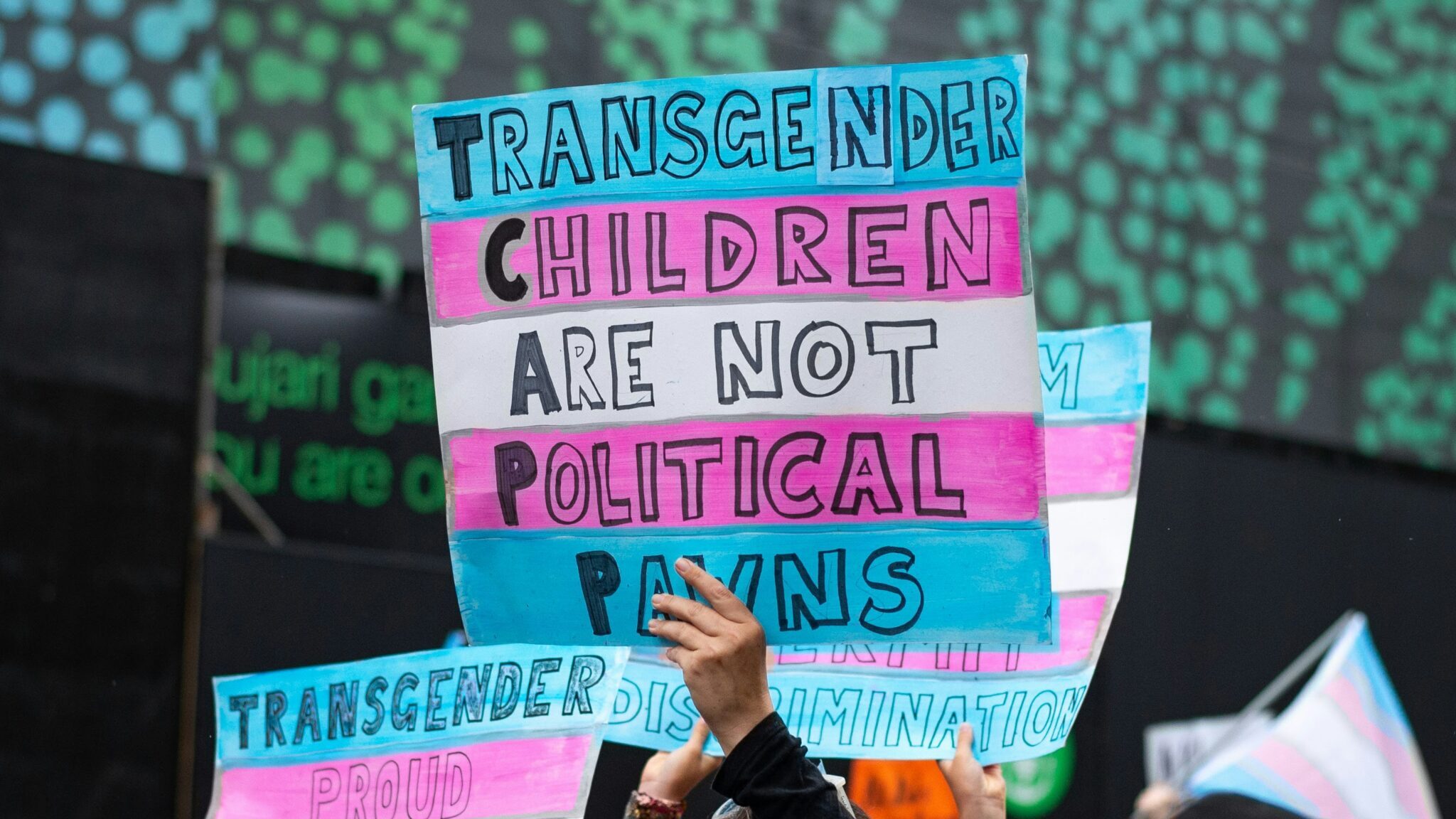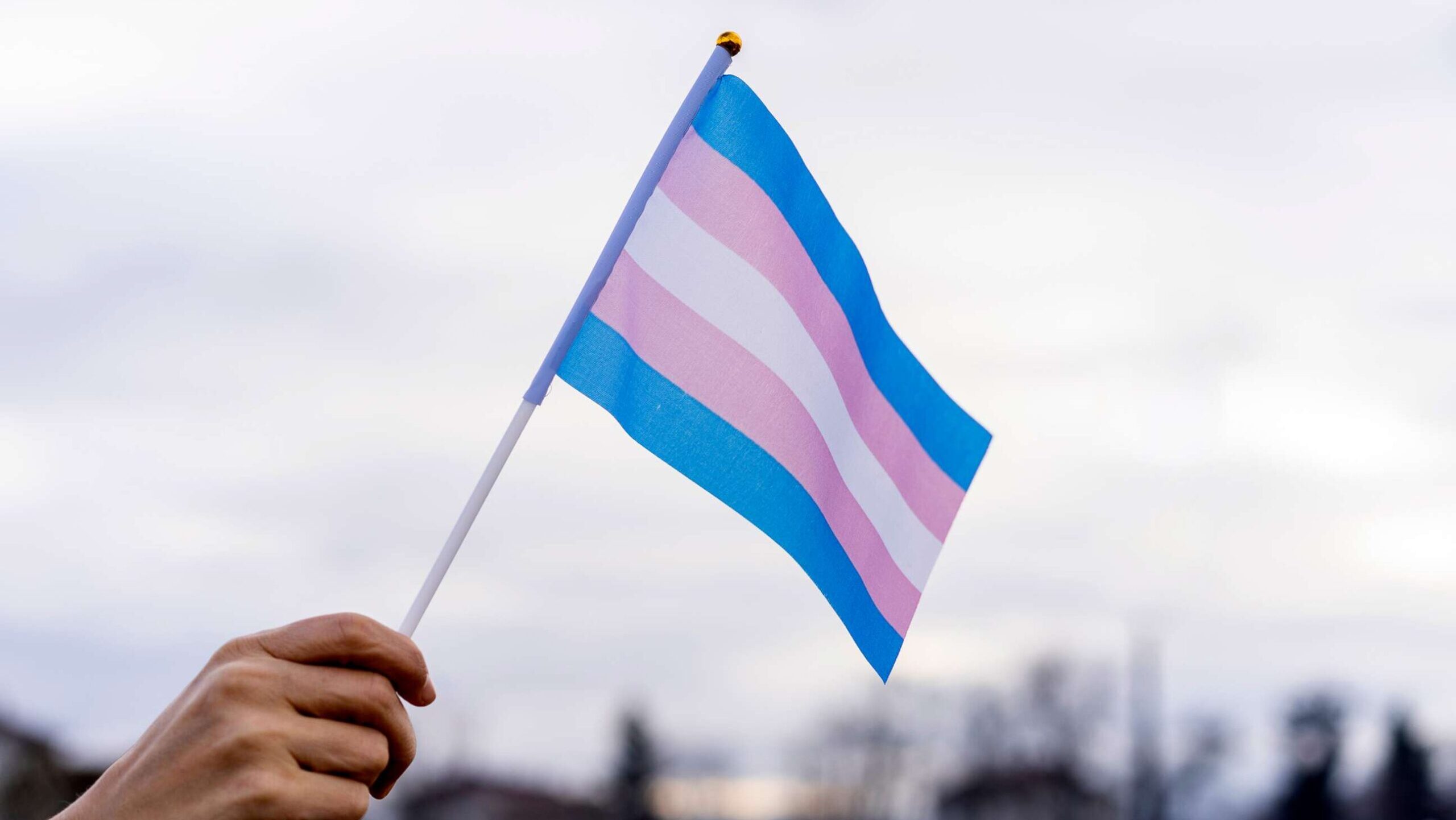It was after an LGBTQ community meeting in New London — with local nonprofit OutCT — that Fuhrmeister, in her 50s at the time, finally realized who she was.
Now 63 years old, she was asked to help out with the organization’s youth group as a representative of the transgender community. At first, she was taken aback. “I’m not trans,” she remembers thinking. But the more she thought, the more she realized that for decades, she’d been fighting against her own identity.
Fuhrmeister had dabbled in drag for years, serving shots in character as “Polly Technic” at bars on Bank Street. At as young as 6 years old, she remembers wanting to be a woman, knowing she was a woman.
But it wasn’t until that meeting that she truly started to accept herself.
“At that meeting I said, ‘I am not transgender…’ but then I went home, went to bed, woke up and I realized that I am transgender,” she said. “And from there on, I just said, ‘I’m just going to be myself.'”
She has lived in southeastern Connecticut for most of her life and is a United States Army veteran who served for 7½ years, stationed in Korea, Texas and Hawaii. She raised five children, has four grandchildren and has had a long, successful career in IT services.
Her transition is something she’s been going through most of her life, she said.
“For me, personally, it was an extremely long journey to reach a point where I accepted myself as transgender,” she said. Her decision to live as her authentic self was also influenced by loss: her father’s death and her stepson’s suicide made her realize just how fleeting and fragile life is and how she wanted to live her truth.
She said she hesitates to label a “start” or “end” to her transition, because she feels it is forever evolving.
“People ask me all the time, ‘When did you come out?’ And I say that coming out isn’t a one-time thing — you have to come out to almost everyone you meet,” she said. “It’s not a clear-cut thing, you have to explain who you are over and over.”
Though it’s been challenging at times, Fuhrmeister has experienced unwavering support from her mother, her siblings, her siblings-in-law, her children and her colleagues, who she said accepted her fully when she came out at work during a panel she was serving on.
She’s found community in New London, staying plugged in to OutCT despite her recent move to Clinton, Mass. She serves as the chair of the youth program, which helps provide a safe space for LGBTQ people ages 12 to 18. And she’s found fun, friends and fitness by staying active in a roller derby league.
Although the COVID-19 pandemic has made her feel more isolated this year, keeping her out of the roller rink and limiting OutCT youth meetings to much smaller Zoom sessions, the months of social isolation were a blessing in disguise.
“I was able to put a lot of my social activities on hold and focus on my transition,” she said. “That allowed me to decide that I was going to take a couple of months and do nothing but recover from surgery and that I was going to dedicate the time and resources to a legal name change, which I never realized was so complicated and expensive.”
Fuhrmeister underwent surgery in June and said there were many moments that she doubted her decision. But she knows in her heart that it was right.
“It’s tough to spend your whole life not feeling like the person that your mind tells you you are … your body and your mind are not the same,” she said. Now that she feels more like herself, she is seeing more success and happiness throughout her life.
“The times that I have failed in my career and failed in my relationships, they all tie back to the times that I was pretending to be somebody that I’m not,” she said. “I don’t have to try to be somebody that I’m not anymore.”
The post appeared first on THEDAY.




